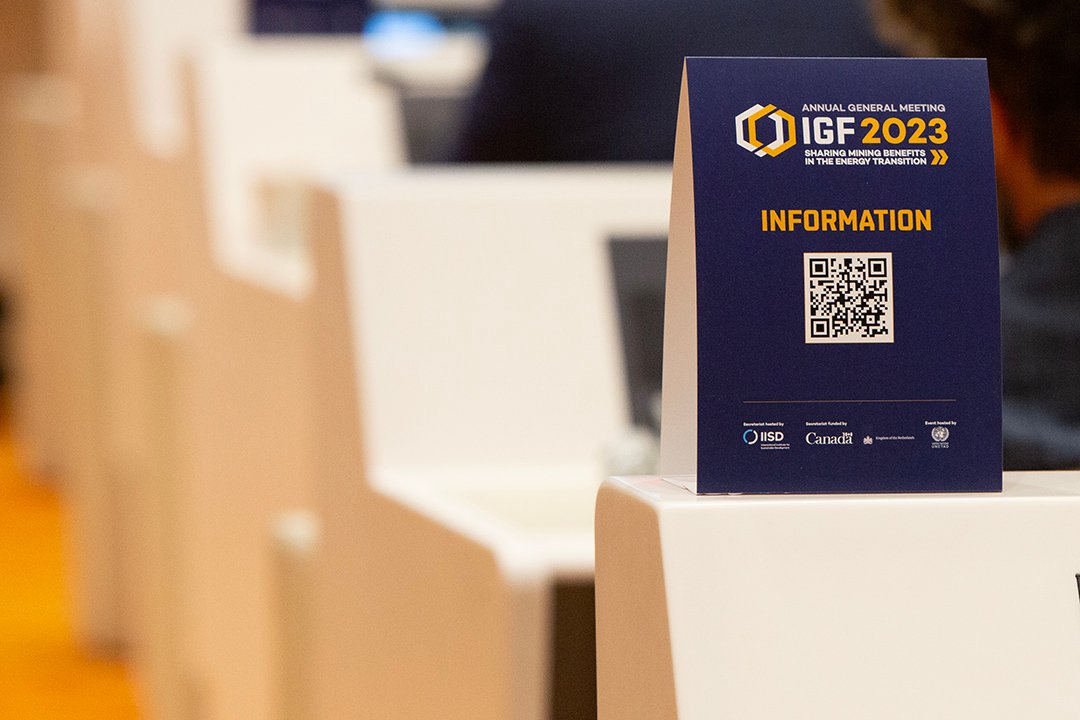Report cited projections estimating that seven ETMs could generate between USD 100 billion and USD 260 billion per year in gross revenues from mineral sales over the next two decades.

The 19th Annual General Meeting (AGM) of the Intergovernmental Forum on Mining, Minerals, Metals, and Sustainable Development (IGF) underscored the pivotal role of the mining sector in supporting the global shift towards a green and digital economy. Focusing on the opportunities presented by the growing demand for Energy Transition Minerals (ETMs), the AGM highlighted the need for governments in resource-rich countries to act proactively to maximize benefits while ensuring a just transition.
The Earth Negotiations Bulletin (ENB) summary report emphasized the critical significance of cobalt, graphite, copper, lithium, nickel, and rare earths, among other Energy Transition Minerals, in enabling the energy transition.
According to the International Energy Agency (IEA), a concerted effort to limit global temperature increases to well below 2°C would require a quadrupling of critical mineral requirements for clean energy technologies by 2040. To achieve global net-zero emissions by 2050, aligned with a 1.5°C warming limit, an even more rapid transition would necessitate six times more mineral inputs in 2040 than the present levels.
The report cited projections estimating that seven ETMs could generate between USD 100 billion and USD 260 billion per year in gross revenues from mineral sales over the next two decades. In this scenario, mineral-rich countries have the potential to receive between USD 5 billion and USD 25 billion per year in additional revenue through 2040.
Pedro Manuel Moreno, Deputy Secretary-General of the UN Conference on Trade and Development (UNCTAD), emphasized the importance of mineral-exporting countries developing local refining and downstream processing capacity to enhance economic diversification and sustainable development.
Under the theme ‘Sharing Mining Benefits in the Energy Transition,’ the AGM delved into discussions on bridging the ETM supply gap, the role of artisanal and small-scale mining (ASM) in the energy transition, and strategies to ensure host communities reap the full benefits of mining projects.
The meeting also addressed the reform of tax and benefit-sharing regimes, aiming to foster a fair, equitable, and inclusive energy transition.
Updates on initiatives within the UN system related to mineral resource governance were presented, alongside information about projects directed by the UN Secretary-General. The AGM anticipates an upcoming debate on environmental aspects of mineral governance at the UN Environment Assembly (UNEA).